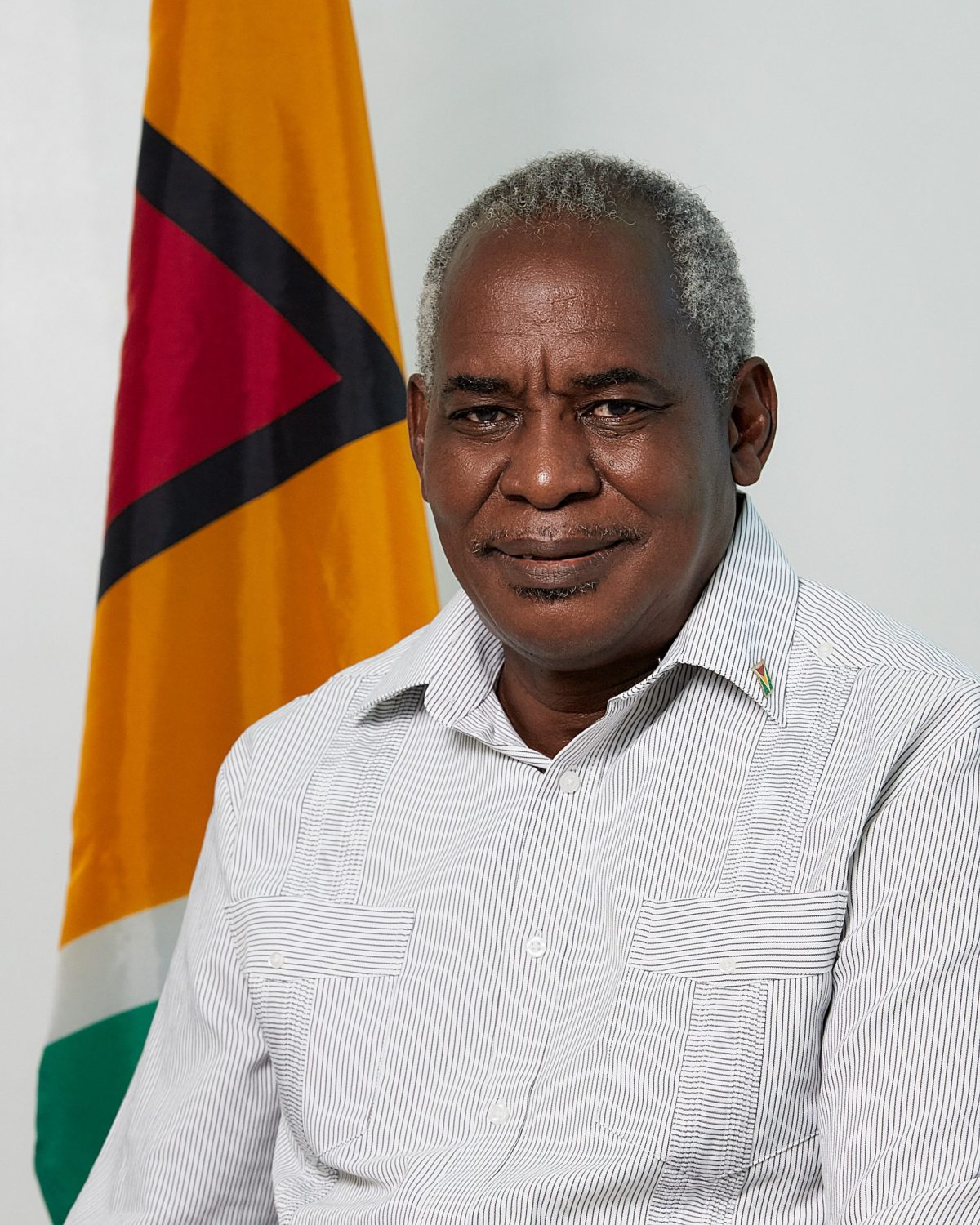Up to the end of last month, the Guyana Police Force (GPF) had recorded a 31 per cent decrease in fatal accidents.
Speaking on Sunday at the launch of Road Safety month at the Arthur Chung Conference Centre (ACCC), Traffic Chief Senior Superintendent Ramesh Ashram said there have been 76 fatal accidents since the beginning November, resulting in 82 deaths.
For the same period last year, he noted that there were 110 fatal accidents with 120 deaths.
Driving under the influence of alcohol, speeding, errors of judgement, inattentiveness by drivers, careless use of bicycles, failure to wear safety helmets, and failure to wearing reflective clothing during the hours of darkness, were among the contributing factors for road accidents, Ashram reported.
Road Safety Month is being held under the theme “Arrive alive. Stop speeding. Don’t drink and drive.”
Also speaking at the launch was Minister of Home Affairs Robeson Benn, who proposed that police ranks be equipped with ‘trauma kits’ when responding to the scenes of accidents to aid their response.
Often, he said, persons are injured and die before reaching a medical facility because they were unable to receive immediate medical attention.
“…The police pickup [vehicle] upon arriving there should have a trauma kit to be able to help that person who may be injured because sometimes by time the EMTs [Emergency Medical Technicians] come or they get to hospital by whichever mean, you read DOA [dead on arrival] not merely because of the accident itself but because there is no effort to stop blood loss and provide any immediate care to the person impacted,” Benn explained.
He noted that even though the number of serious accidents has increased, there has been a significant reduction in road deaths.
According to Benn, the reduction in the numbers can be as a result of the decline in the use of the roadways due to the COVID-19 pandemic. “When we pay attention to the statistics this year, we may want to question whether perhaps we are looking at a false positive in the statistics given the fact that we have been in the COVID pandemic and that perhaps in the results the total absent reduction maybe more related to reduced road usage during the COVID pandemic,” he explained.
The age cohort most prevalent in the road deaths and accidents, Benn added, is that of persons between 20 and 35.
As a result, he opined that while the aim is to avoid loss of any life, emphasis should be placed on the behaviour and culture of persons within this age range for there to be continuous improvement in relation to road safety. “Our country cannot afford the loss of lives of persons on the road. The families cannot afford the loss of lives, the communities cannot afford the loss of lives.”
‘Self regulation’
Noting that he is not in favour of minibuses having conductors, Benn also stressed that self-regulation is “extremely” important for operators of public transportation.
He disclosed that a discussion will be held with the associations to work out the approach to that transition. “…We must have better behaviour, that the culture and the environment, our city, our main marketplaces are not defined by the fights, the cursing and the warring propelled by public transport operators,” Benn noted.
“We are putting in more tools and training in respect of the use of the roads and improved roads overall. We should try to maintain the absolute reduction which we have now,” he added.
Motorcyclists are a “big challenge” to the GPF presently, Benn said. “….The police have been taking many of them off the road.”
And further, while it may seem as though the infractions on the roadways are “small or misdemeanours,” the issue has come to a point where wanted bulletins should be issued for repeat offenders and the police should make every effort to apprehend them.
Meanwhile, Ashram, during an analysis of the categories of accidents, said that it was recognised that injuries and deaths are becoming more common on the road. “This is because road users are not adhering to the basic traffic rules, laws and regulations.”
He assured that the Traffic Department of the Guyana Police Force (GPF), with the support of the government and private agencies, will continue to put in place all the necessary resources to make the roads a safe place while reducing all categories of accidents.
“It is important as citizens that we all place and reduce all categories of accidents. It is also important that you practice road safety and observe basic traffic rules when using the road,” Ashram urged.
According to the Traffic Chief, traffic enforcement will continue across the country in an effort to rein in errant road users.
“Let us practice the 5 Cs of defensive driving. We should use the curb drill, wear safety helmets while on motorcycles, and most importantly don’t drink and drive. Restrict the use of hand-held phones while driving and obey all traffic rules,” he advised.






